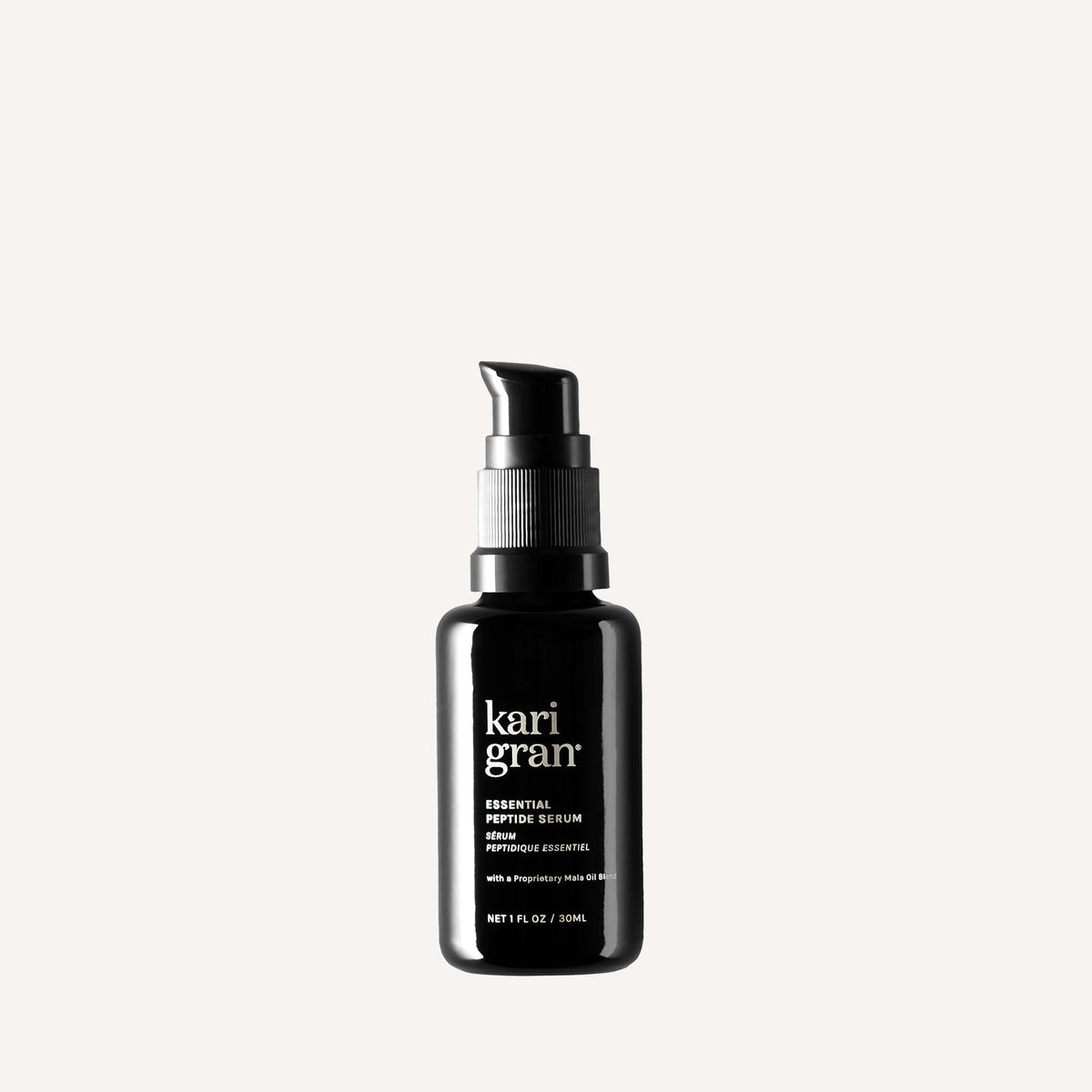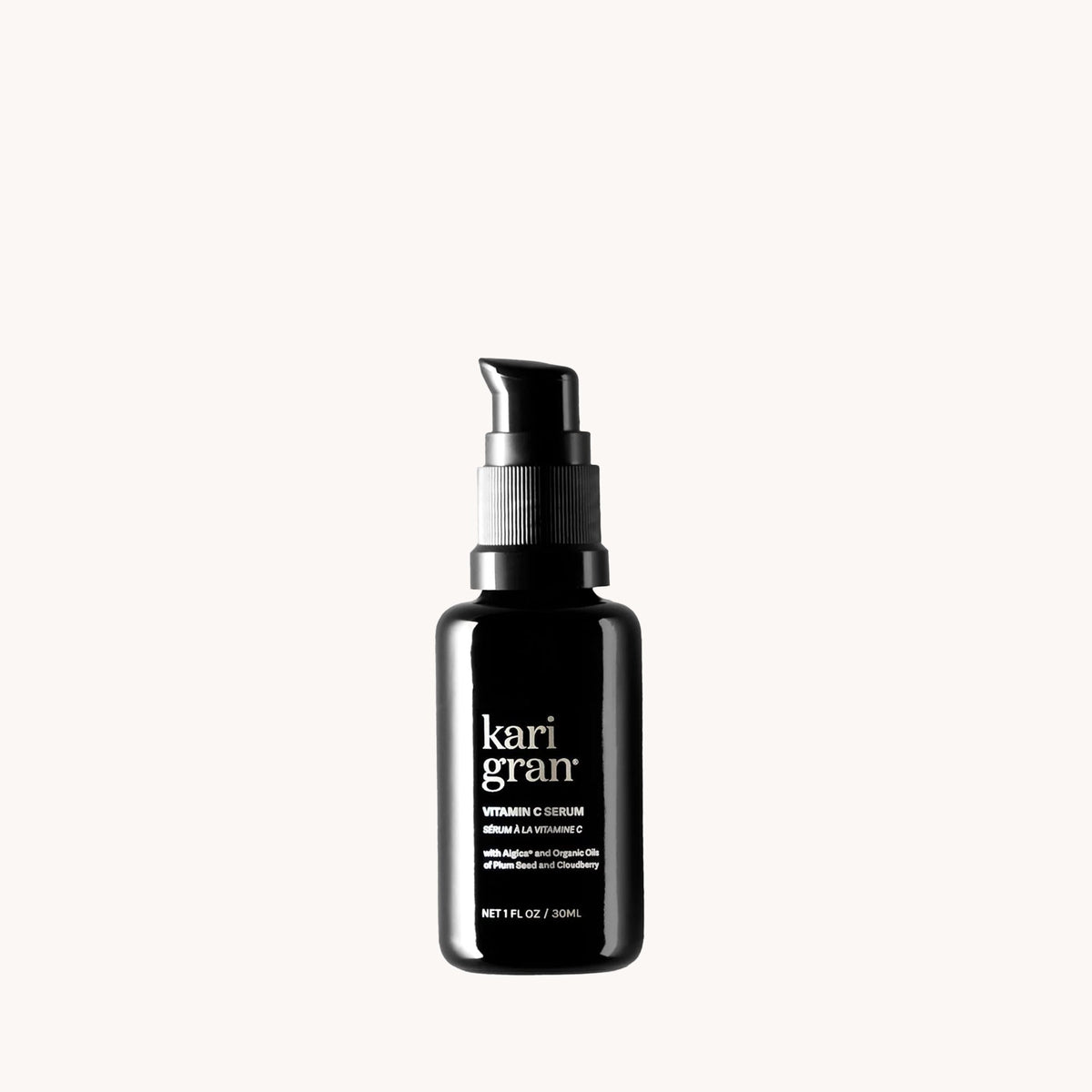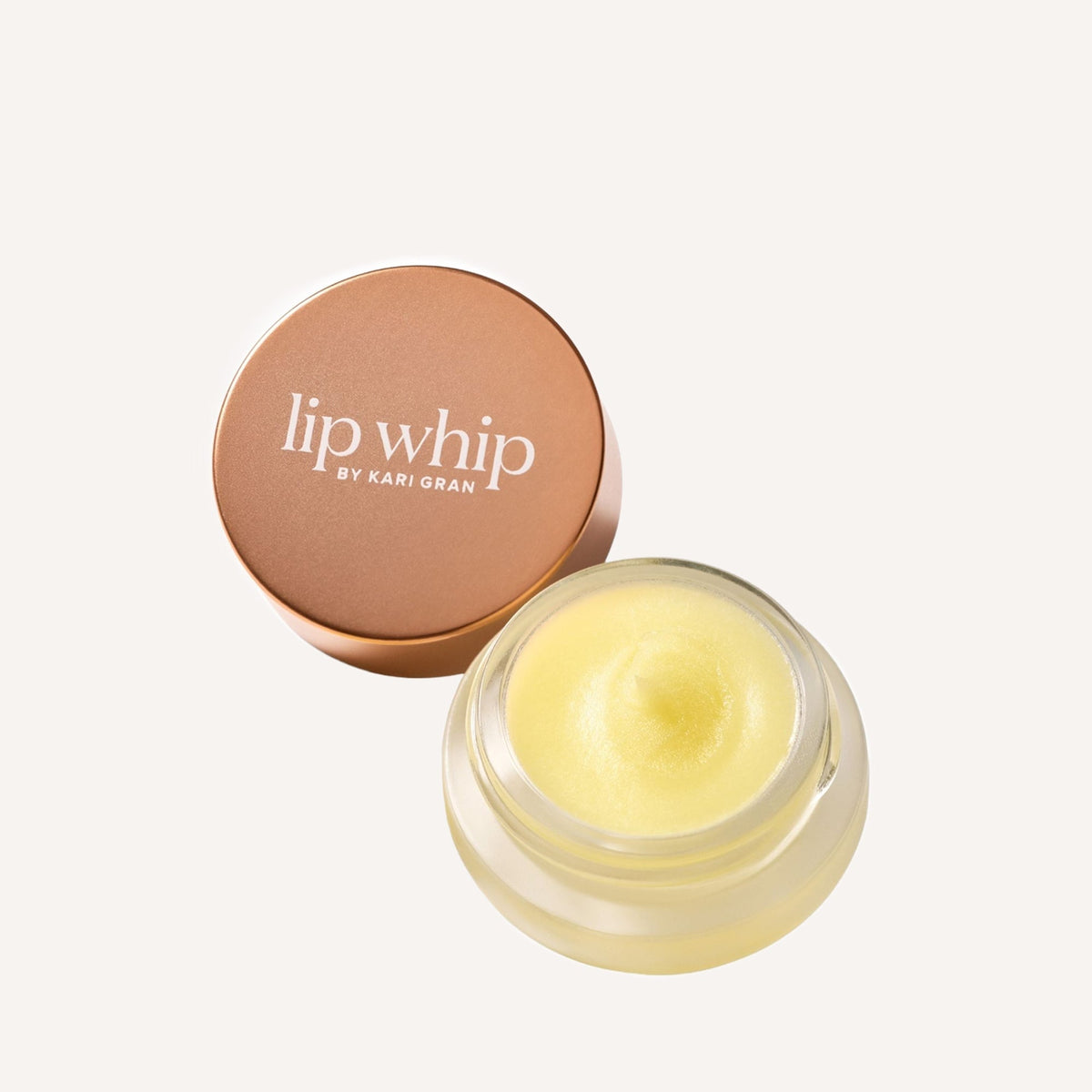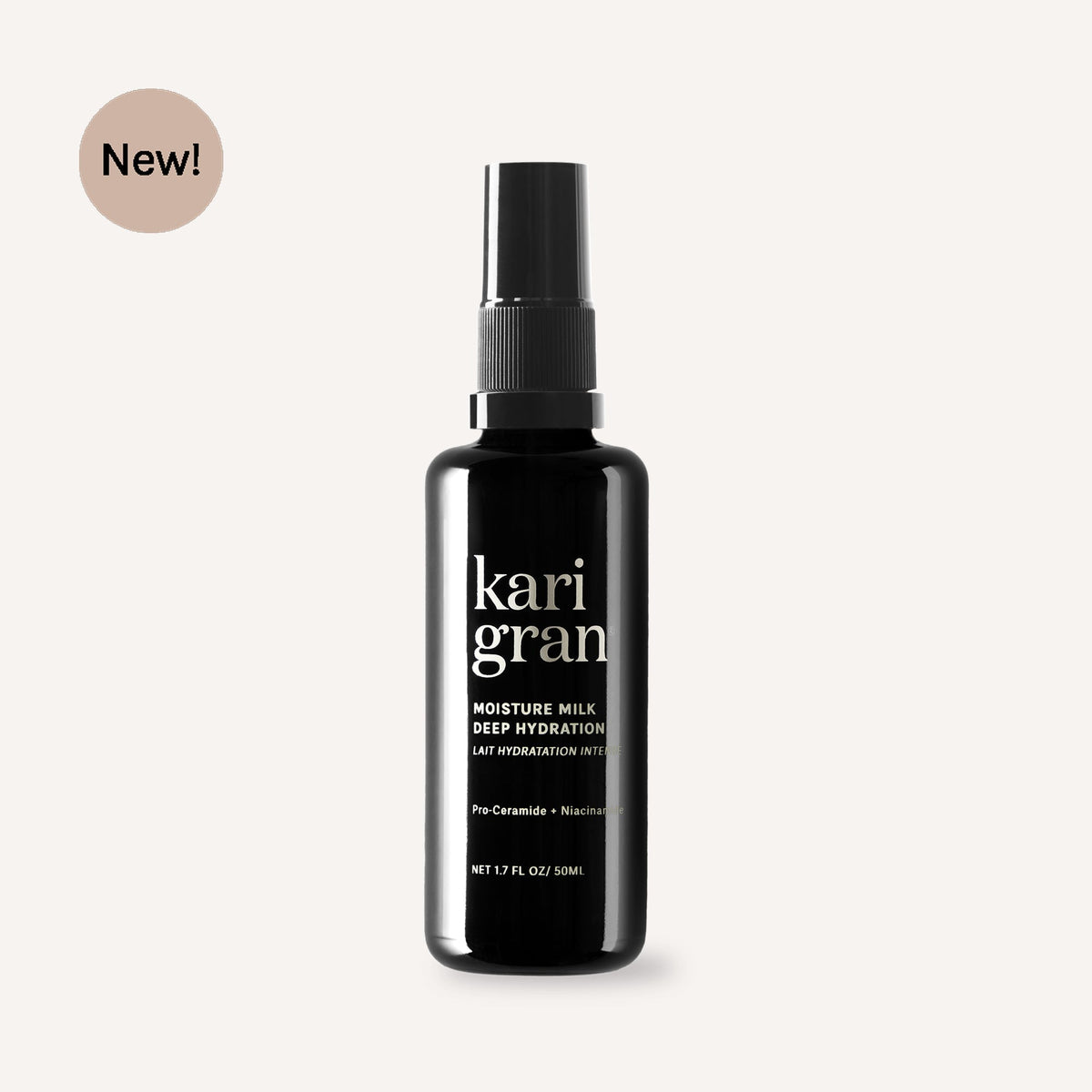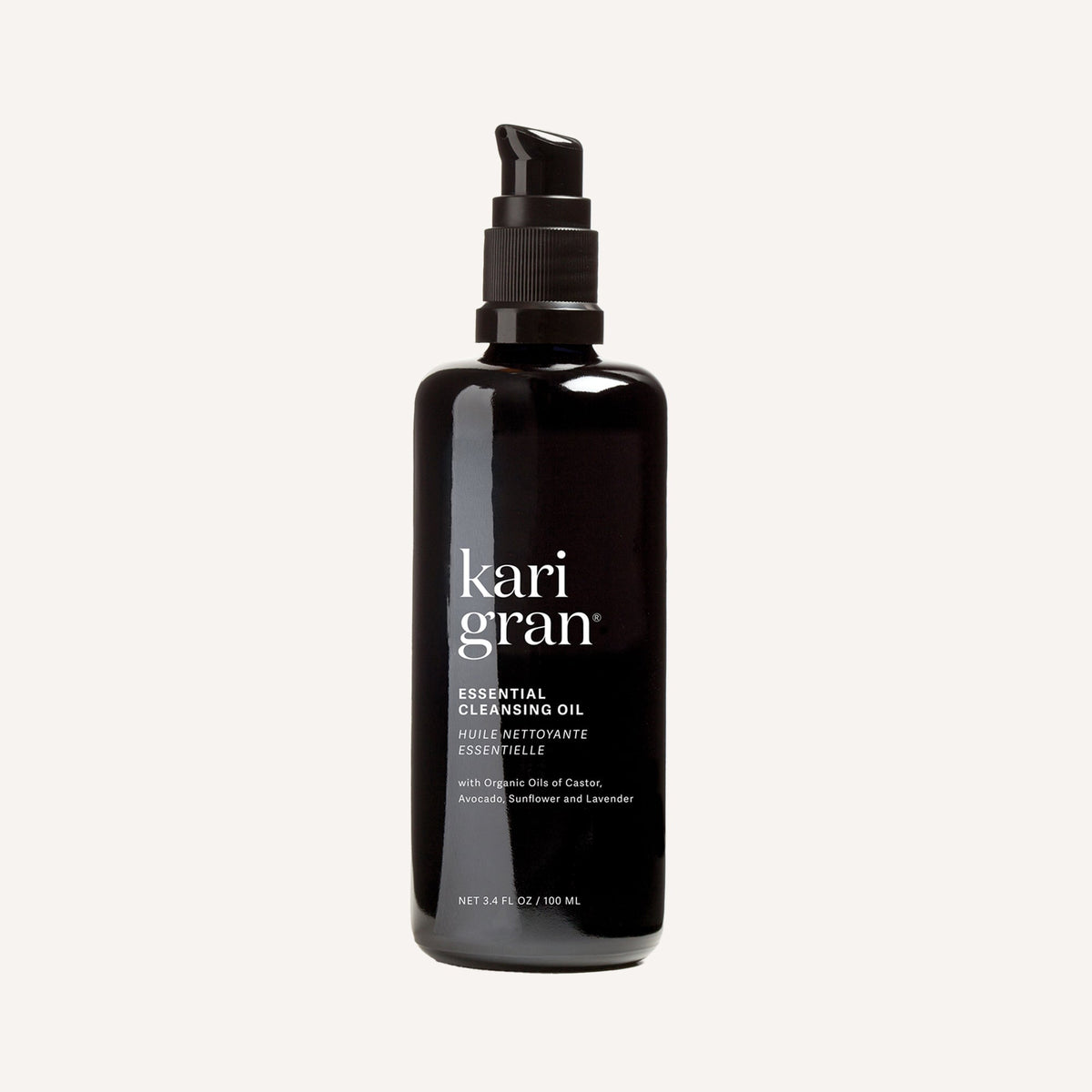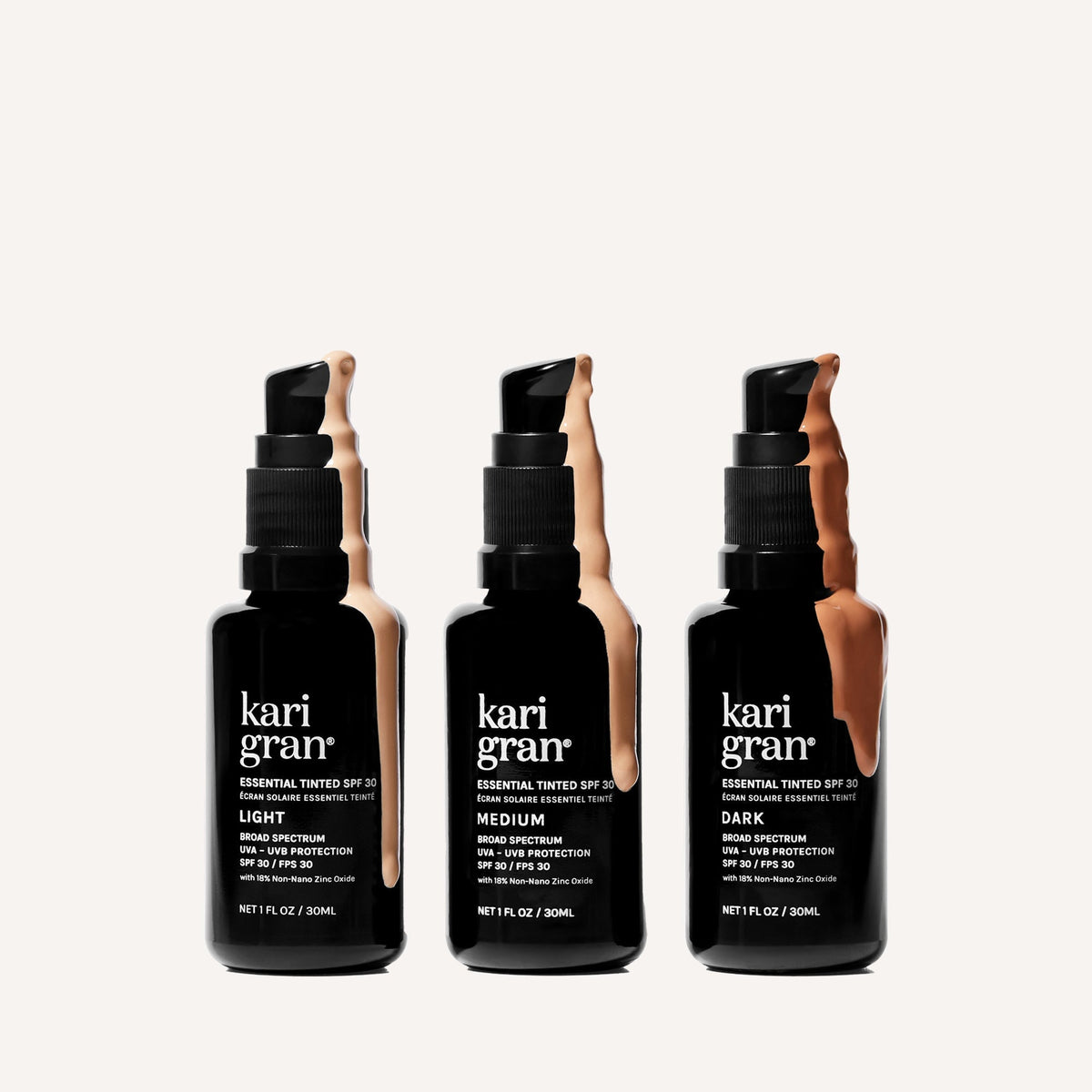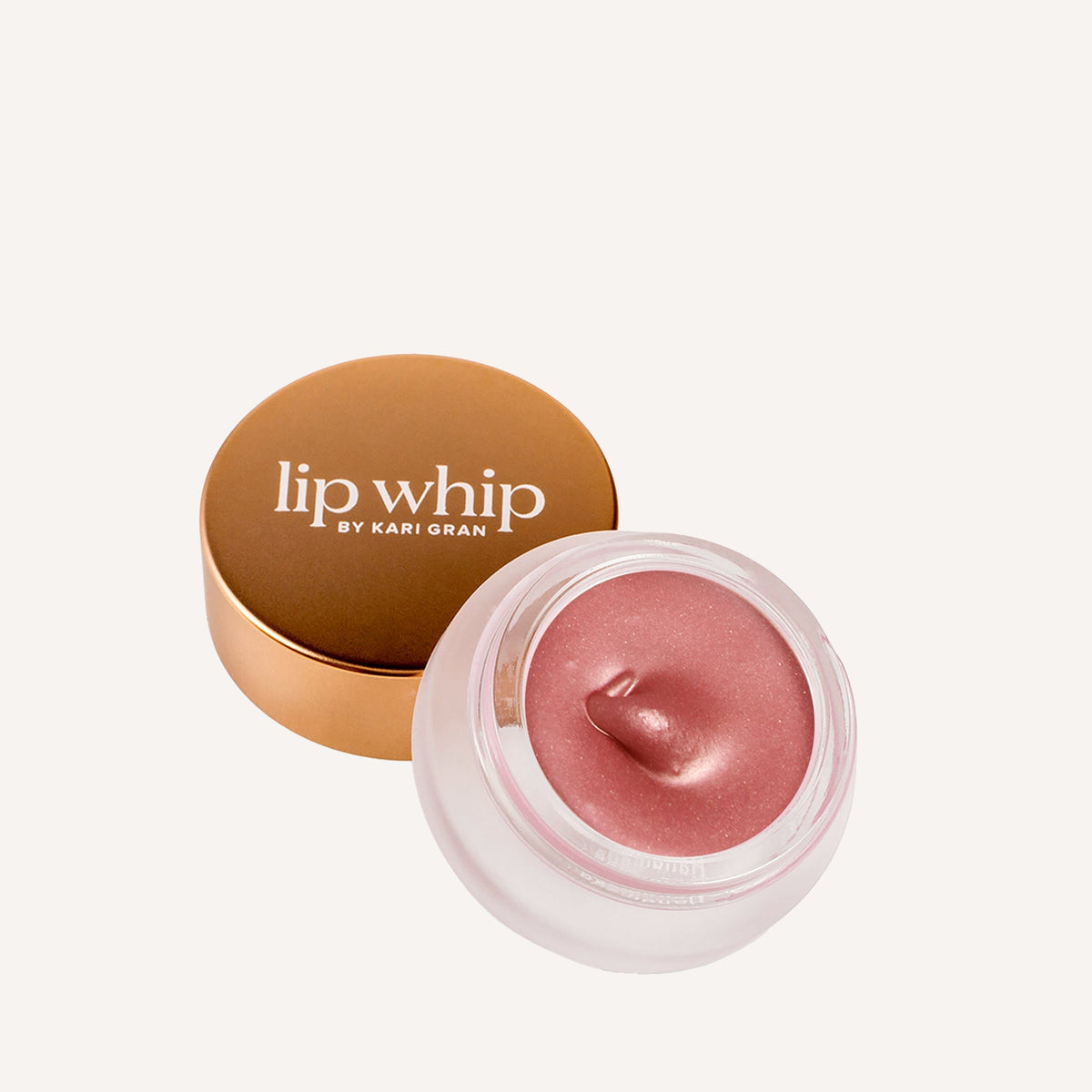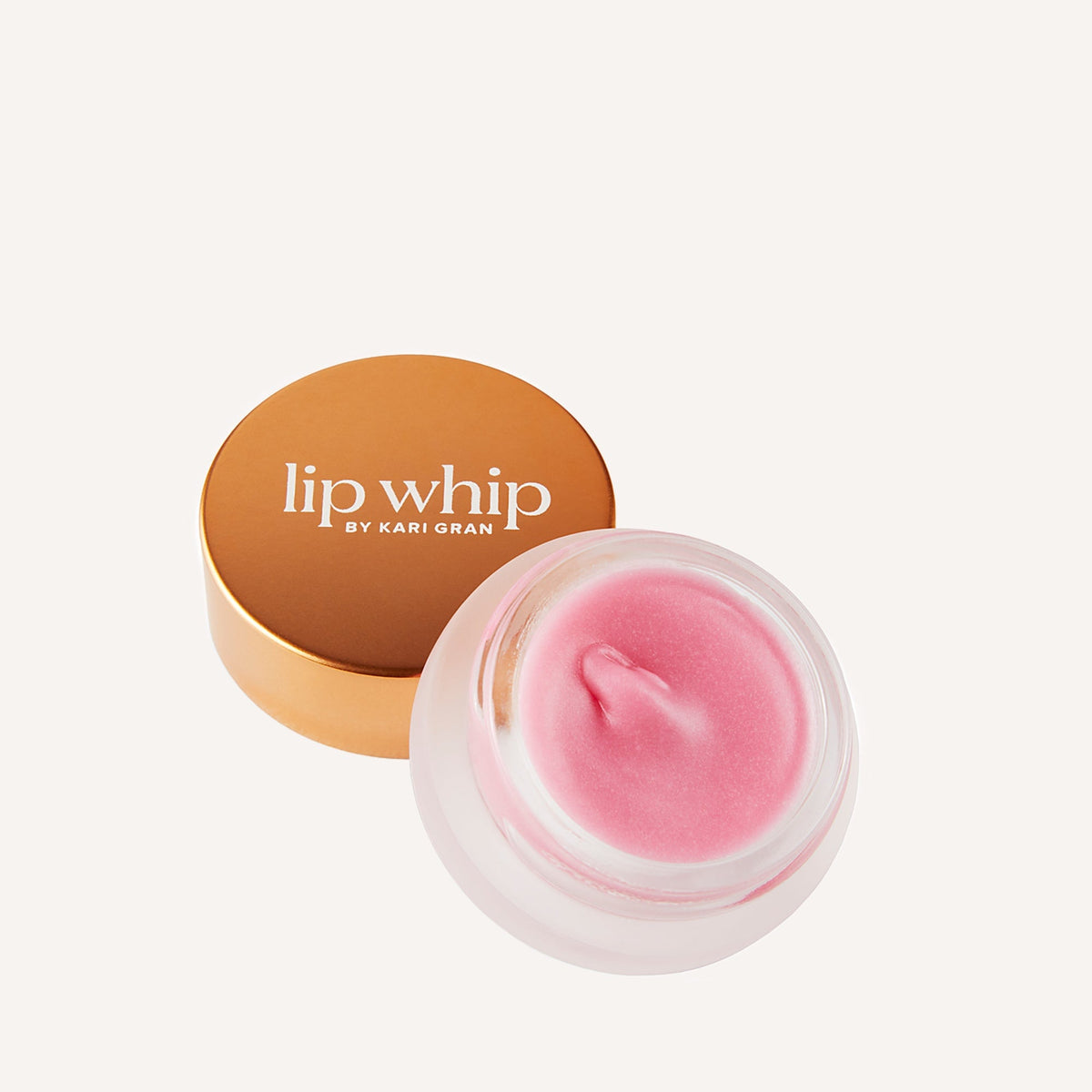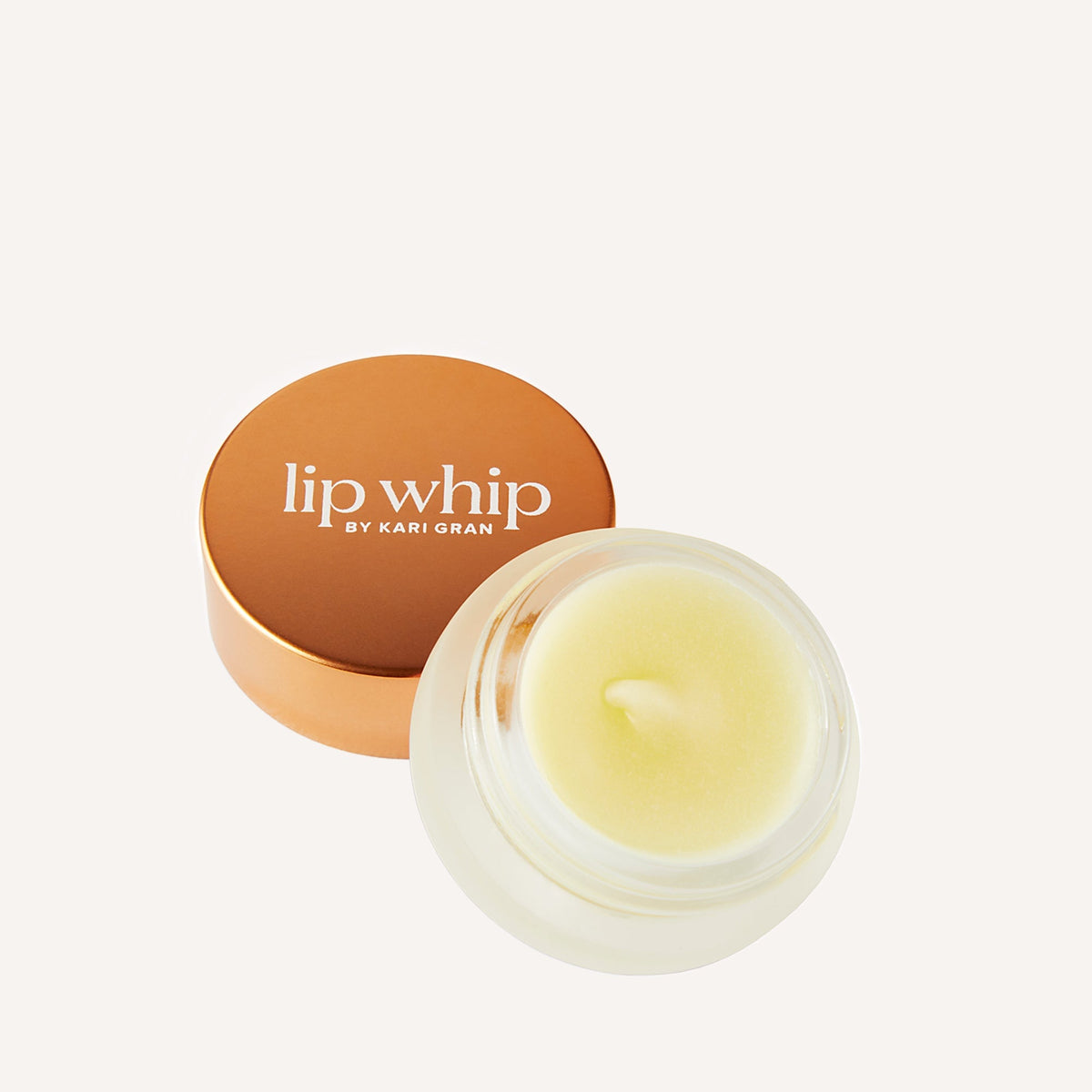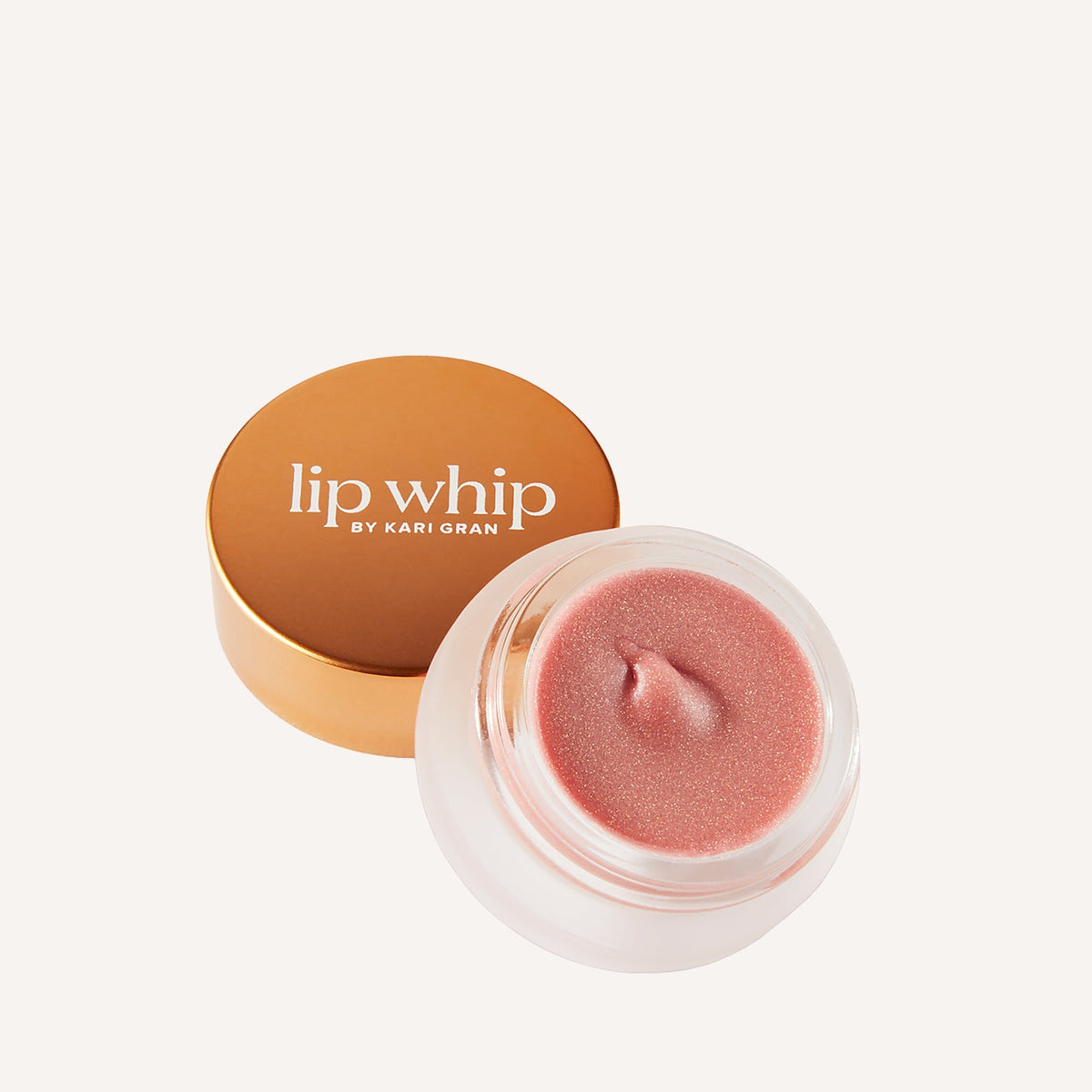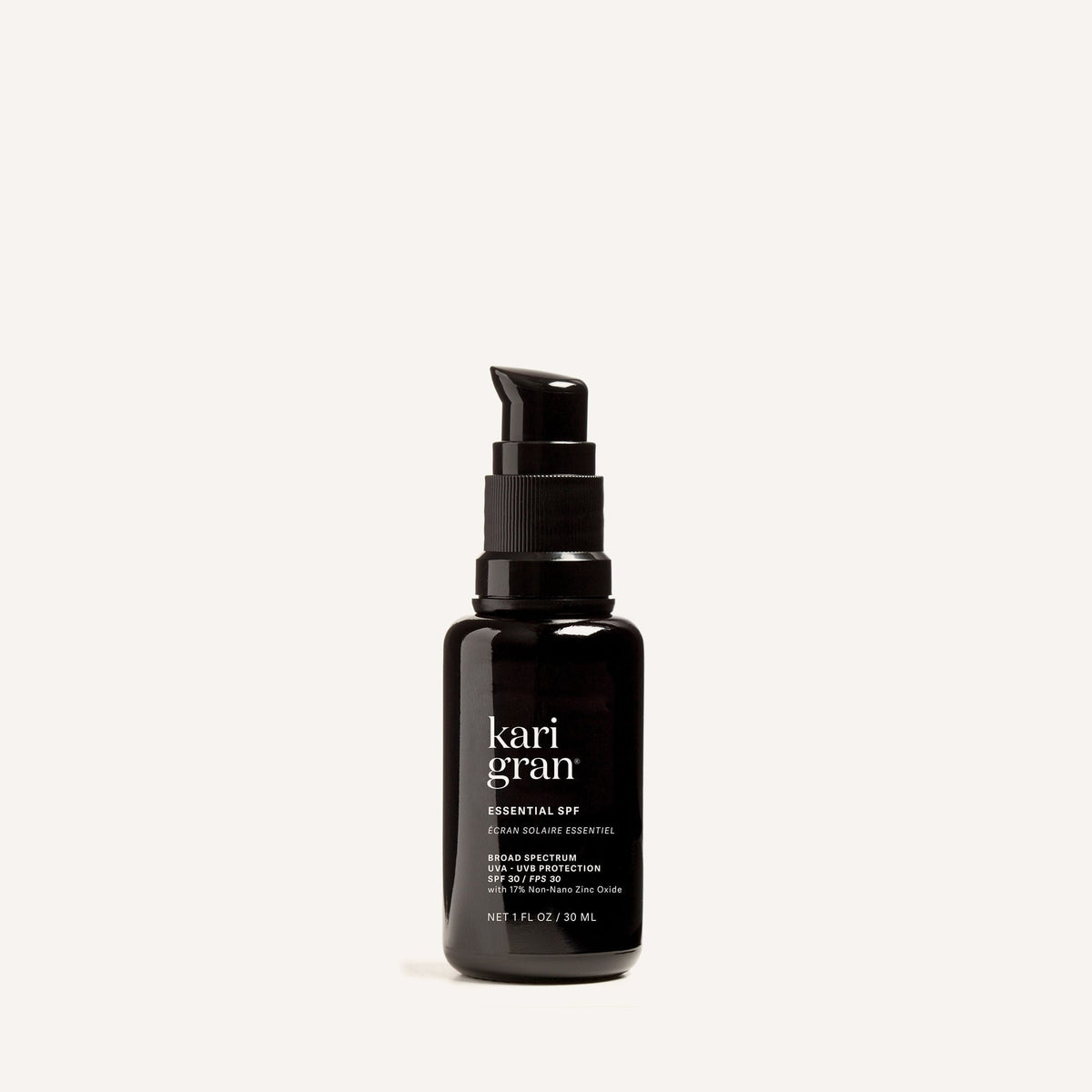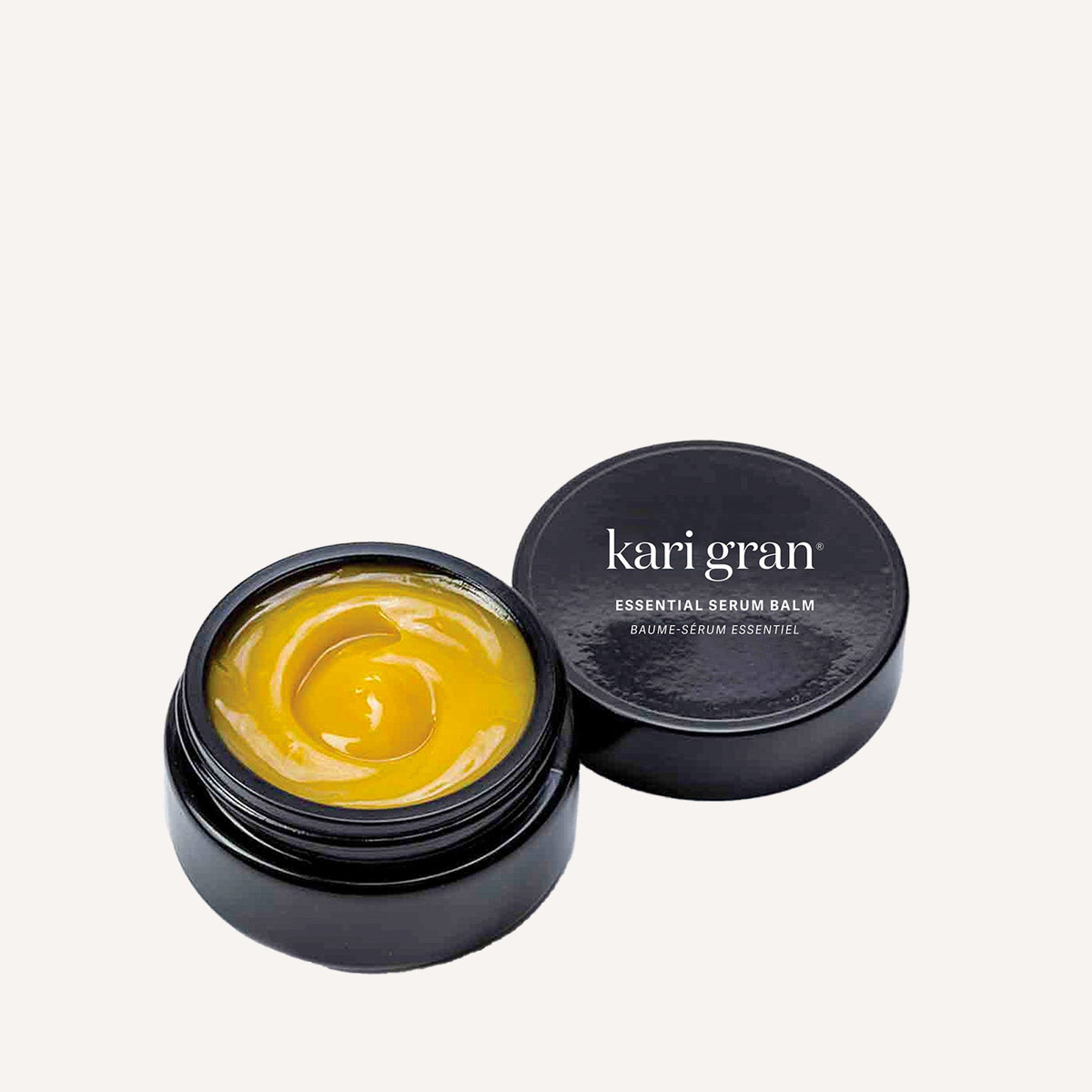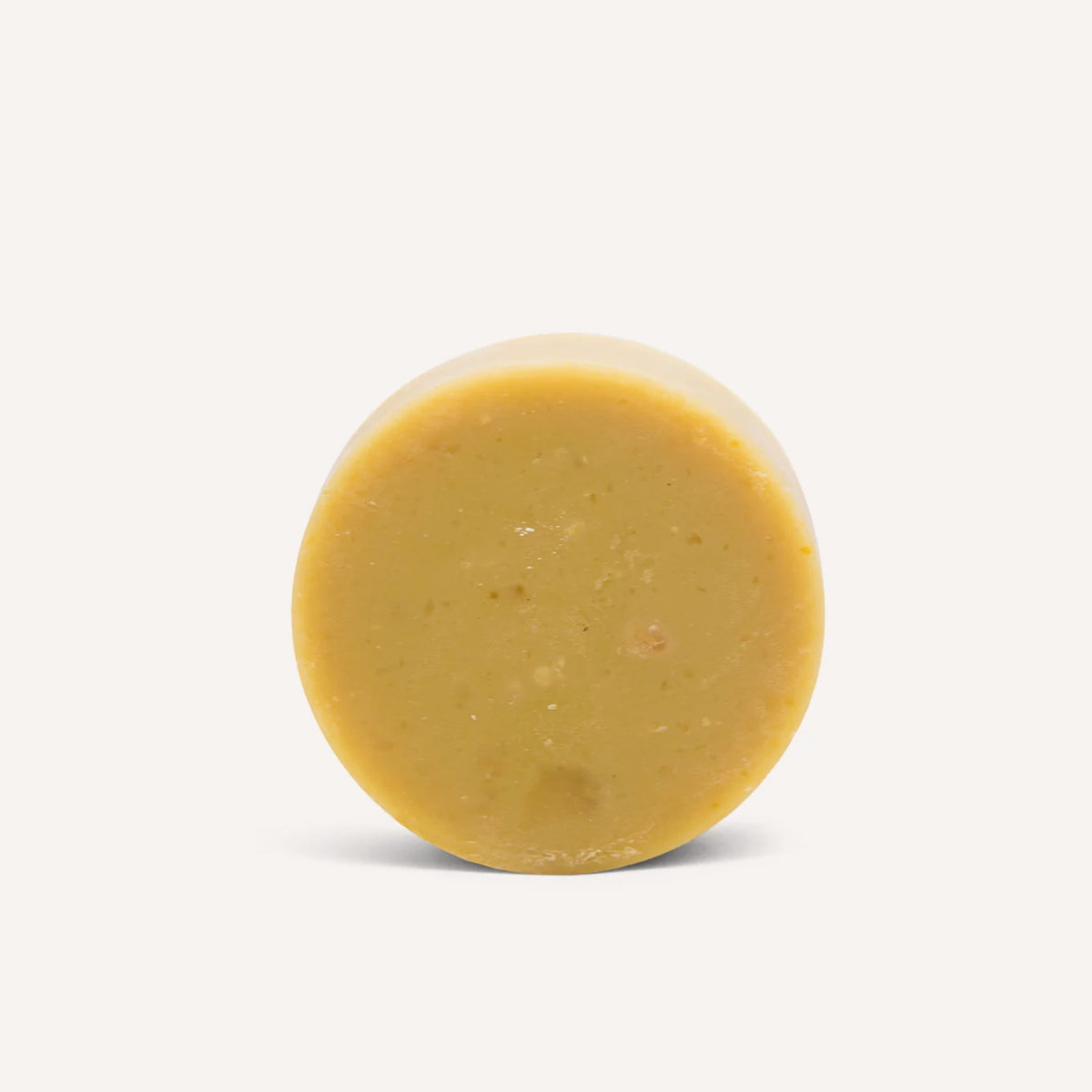5 Sunscreen Myths
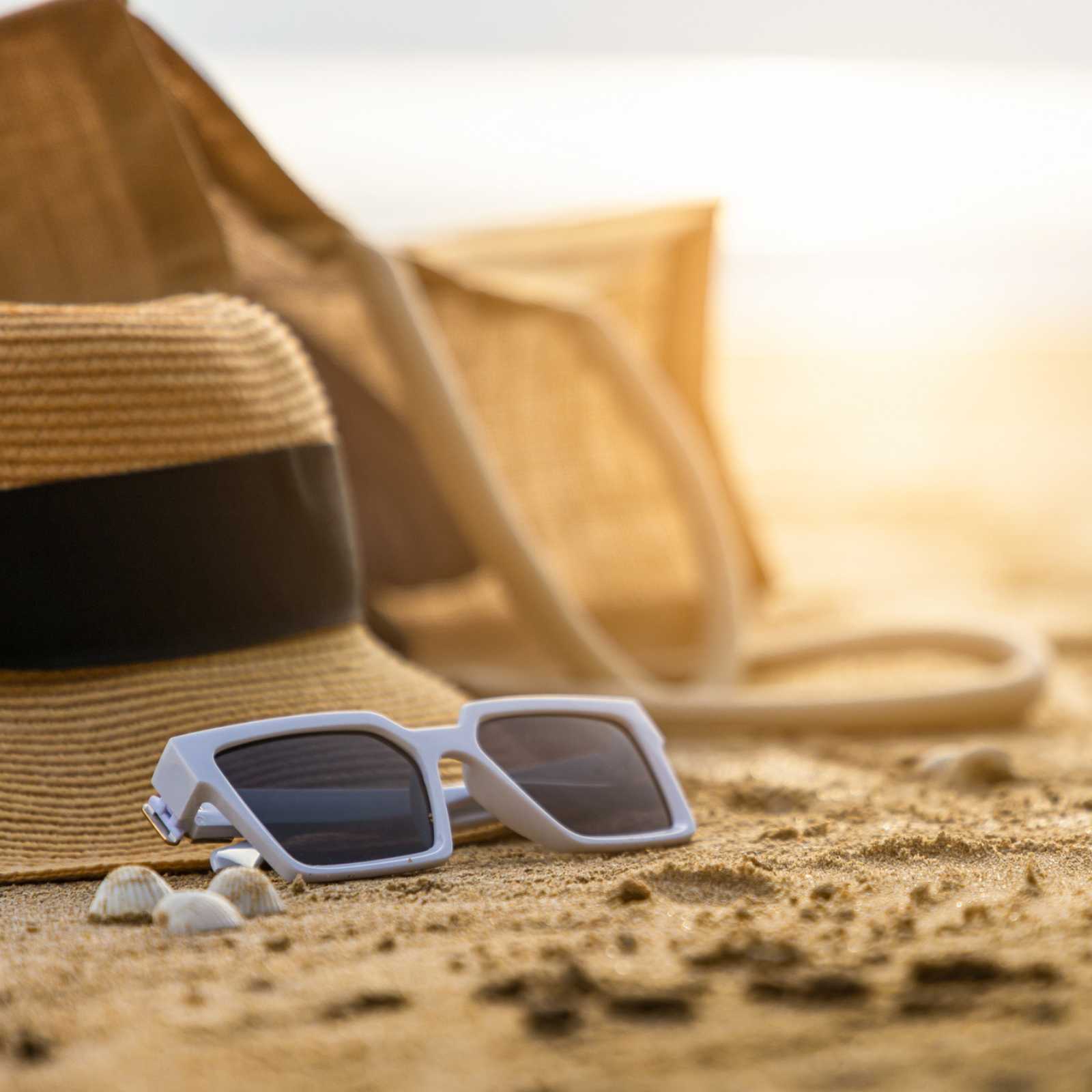
Myth #1: Having a darker complexion means I don’t need as much sunscreen.
Although it is true that fairer skin is more susceptible to sunburn than darker skin, it doesn't mean that UV light damage isn't occurring in people with darker skin types. Darker skin types are susceptible to UV damage too.
Myth #2: I don’t need sunscreen on overcast or cold days.
When the weather isn’t so special, we often forget that the sun is still emitting damaging UV light on our skin. Our Earth's atmosphere naturally blocks some UV radiation, but approximately 80% of the radiation still reaches our bodies. For instance, UVA rays are able to completely pass through cloud cover and can even penetrate glass windows. So if you're indoors that doesn't mean you're off the hook. UV rays are present 365 days in a year.
Myth #3: The higher the SPF number the better the protection.
It's really not just a numbers game. The protection that you receive from your sunscreen depends on many factors outside its SPF label. Some things to be aware of are whether your sunscreen is broad-spectrum (covers both UVA & UVB rays) and what type of UV filter (mineral or chemical) your sunscreen uses. Mineral filters like Zinc Oxide & Titanium Dioxide activate immediately to block UVA & UVB rays, while chemical filters like Oxybenzone take 20 minutes to become active and have been linked to hormone disruption. In addition, how people apply sunscreen differs greatly and needs extra scrutiny.
Myth #4: Sunburn or redness is the only sign of UV damage.
Skin damage from UV light isn't always in the form of red, peeling, skin. With so much talk centered around skin cancer, we've forgotten about the more silent and surreptitious effect that comes with increased UV light exposure: damage to the collagen and elastin in our skin. Something too often overlooked is photoaging. Photoaging is premature aging of the skin caused by exposure to UV radiation over time. It is the culprit of fine wrinkles, loss of skin tone, pigmented spots, and deep creases.
Myth #5: If I’m wearing SPF, I’m covered.
Most people don’t realize that the SPF number they see on sunscreens may only provide protection against UVB rays and not UVA rays. The best option is to choose a broad-spectrum sunscreen that protects against both UVA and UVB rays.

